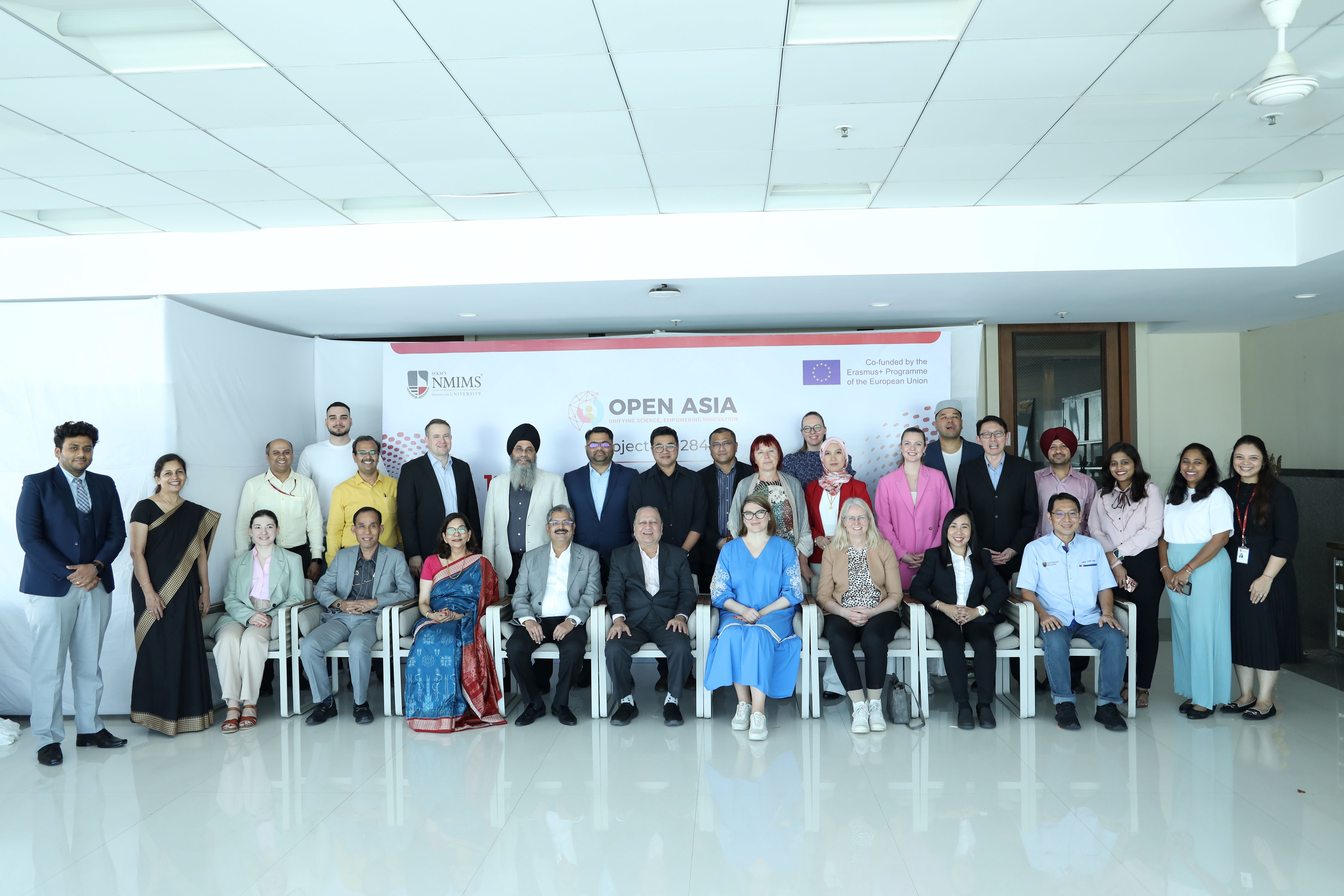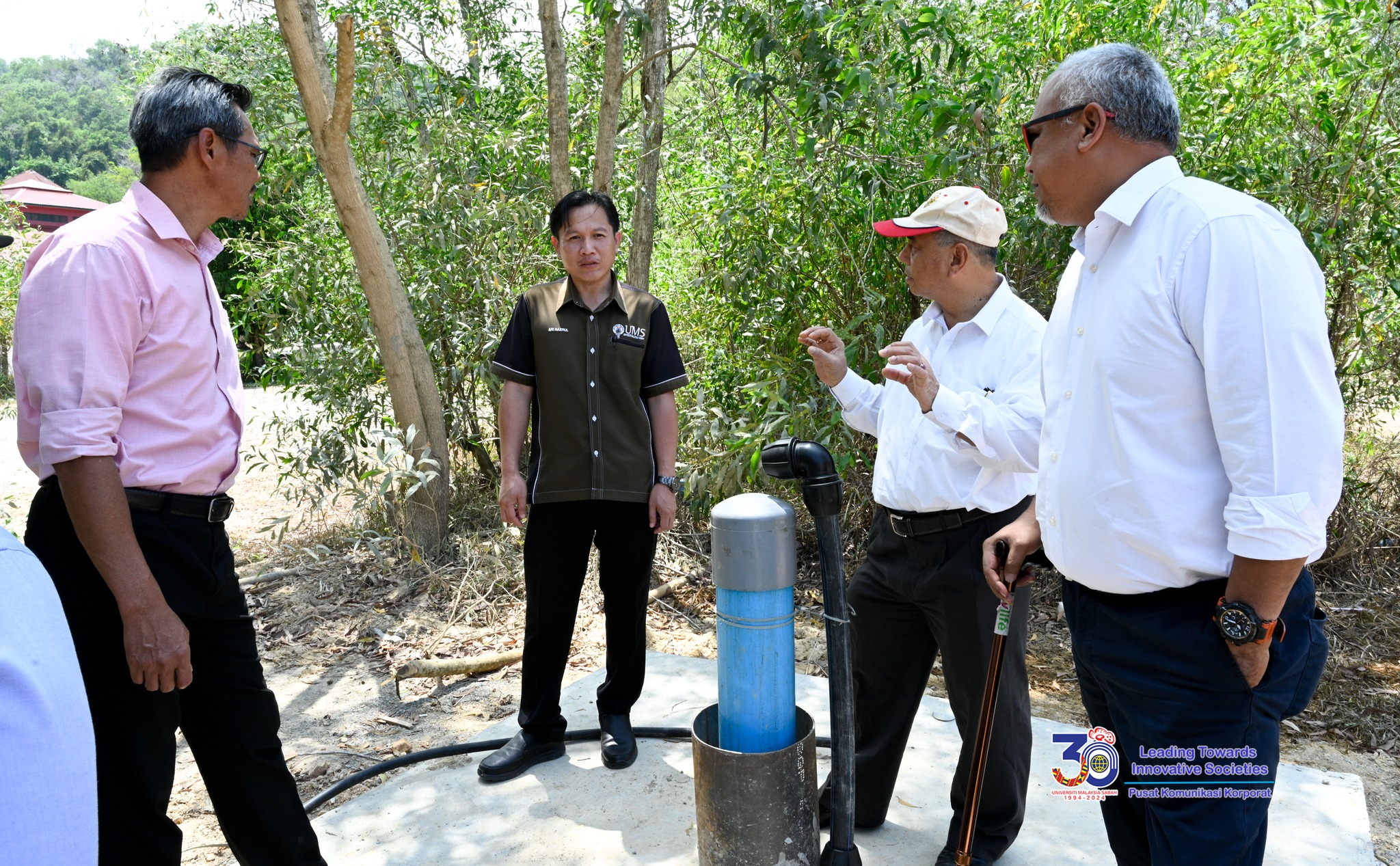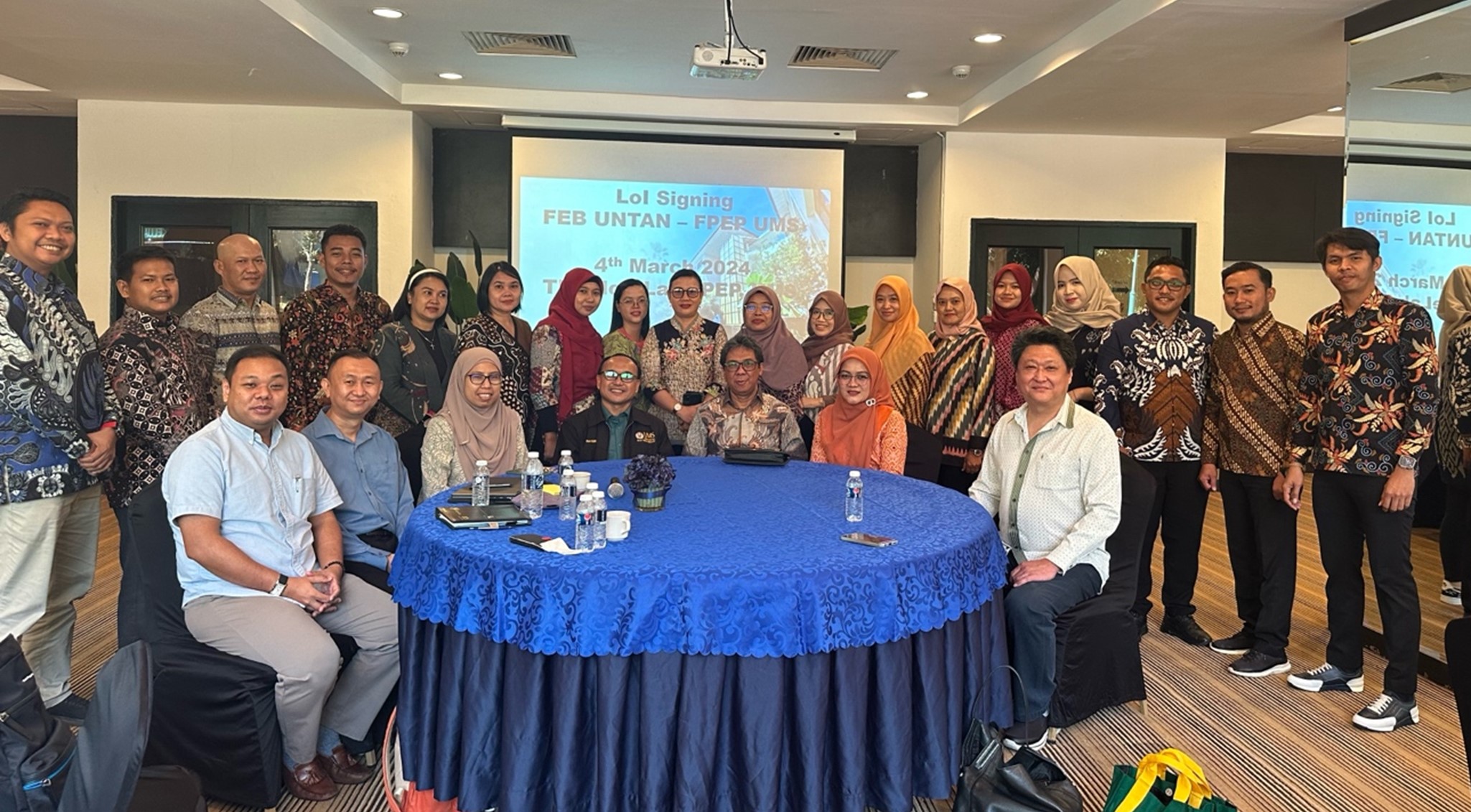 Universiti Malaysia Sabah (UMS) was among eight international universities that involved in developing the Open Science Asia policy recently.
Universiti Malaysia Sabah (UMS) was among eight international universities that involved in developing the Open Science Asia policy recently.
This is through a group of researchers from UMS led by the Deputy Vice-Chancellor (Research and Innovation), Professor Ir. Dr. Rosalam Hj. Sarbatly who attending a consortium meeting and forum for the development of the Open Science Asia policy at Mandal's Narsee Monjee Institute of Management Studies (NMIMS) Mumbai, India.
Rosalam in a statement said, the collaborative project involves universities from Malaysia, India, Netherlands, Finland, and Slovenia, with funding support totaling EUR779,000 from the ERASMUS+ program of the European Union.
“The primary objective of the initiative is to formulate policies and implementation frameworks for Open Science, facilitating the global sharing of research and innovation knowledge.
"Open Science is in line with the five main priorities of the Ministry of Higher Education, especially in strengthening the research and innovation ecosystem, and is aligned with UMS's goal of enhancing the university's research skills on the international stage,” he said.
He added that, the main emphasis is on the development of policies for Open Science implementation and the provision of infrastructure and information structures to enable researchers to ethically share information, particularly from the perspective of sharing and using research data.
“This is expected to accelerate the process of generating new technologies and innovations for problem-solving.
“For example, the development of vaccines, which previously took years, can now be accomplished in a short period, as demonstrated in the development of the Covid-19 vaccine,” he said.
During this consortium meeting, a forum was also held as a step to raise awareness about Open Science within the community.
The event featured insights from several experts and industry leaders in the field, including a keynote address by Emeritus Prof Dr. Man Mohan Sharma from the Institute of Chemical Technology, India, and UMS Chief Digital Officer, Professor Dr. Ag. Asri bin Ag. Ibrahim.
The project implementation coordinator from UMS, Assoc. Prof. Dr. Fatimah Ahmedy, also attended as a representative along with several research partners from the Universiti Malaya and the Universiti Malaysia Sarawak, who are also consortium project partners from Malaysia.






 Universitas Tanjungpura, Pontianak, Indonesia (UNTAN) visited the Faculty of Business, Economics and Accountancy (FBEA) at Universiti Malaysia Sabah (UMS) on March 4.
Universitas Tanjungpura, Pontianak, Indonesia (UNTAN) visited the Faculty of Business, Economics and Accountancy (FBEA) at Universiti Malaysia Sabah (UMS) on March 4.